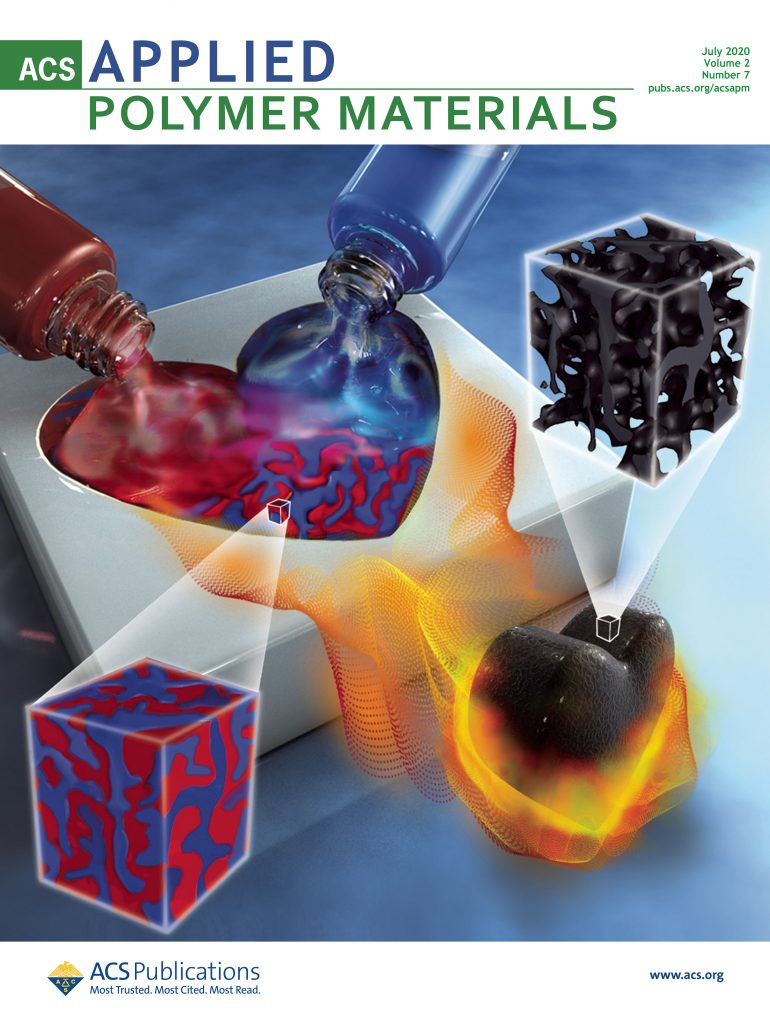Privacy-Preserving and Energy-Saving Random Forest-Based Disease Detection Framework for Green Internet of Things in Mobile Healthcare Networks
IF 4.4
2区 化学
Q2 MATERIALS SCIENCE, MULTIDISCIPLINARY
引用次数: 0
Abstract
The privacy of medical data and resource restrictions in the Internet of Things (IoT) nodes prohibit medical users from utilizing disease detection (DD) services offered by the health cloud in the mobile healthcare network (MHN). Also, health clouds may need the DD procedures to be private. Therefore, the essential requirements for MHN DD services are (i) performing accurate and fast DD without jeopardizing the privacy of health clouds and medical users and (ii) reducing the computational and transmission overhead (energy-consumption) of the green IoT devices while performing privacy-preserving DD. The outsourced privacy-preserving DD is available in the literature based on popular tree-based machine learning schemes such as a random forest. However, these schemes utilize energy-hungry public-key encryption schemes in IoT nodes at medical users for privacy preservation. This work proposes an energy-efficient, fully homomorphic modified Rivest scheme (FHMRS) for the proposed privacy-preserving random forest classification (PRFC). A secure integer comparison protocol is also developed for reducing processing time and energy consumption for users while performing outsourced PRFC. The implementation results and security analysis show that the proposed schemes guarantee better energy efficiency for MHN green IoT devices without compromising privacy than the existing tree-based schemes.移动医疗网络中基于绿色物联网的隐私保护和节能型随机森林疾病检测框架
由于医疗数据的隐私性和物联网(IoT)节点的资源限制,医疗用户无法使用移动医疗网络(MHN)中由健康云提供的疾病检测(DD)服务。此外,健康云可能需要疾病检测程序是私有的。因此,MHN DD 服务的基本要求是:(i) 在不损害健康云和医疗用户隐私的情况下执行准确、快速的 DD;(ii) 在执行隐私保护 DD 的同时减少绿色物联网设备的计算和传输开销(能耗)。文献中的外包隐私保护 DD 基于流行的基于树的机器学习方案(如随机森林)。然而,这些方案在医疗用户的物联网节点中使用高能耗的公钥加密方案来保护隐私。本研究为拟议的隐私保护随机森林分类(PRFC)提出了一种高能效、全同态修正里维斯特方案(FHMRS)。此外,还开发了一种安全的整数比较协议,以减少用户在执行外包 PRFC 时的处理时间和能耗。实施结果和安全分析表明,与现有的基于树的方案相比,所提出的方案能保证 MHN 绿色物联网设备具有更好的能效,同时不损害隐私。
本文章由计算机程序翻译,如有差异,请以英文原文为准。
求助全文
约1分钟内获得全文
求助全文
来源期刊

ACS Applied Polymer Materials
Multiple-
CiteScore
7.20
自引率
6.00%
发文量
810
期刊介绍:
ACS Applied Polymer Materials is an interdisciplinary journal publishing original research covering all aspects of engineering, chemistry, physics, and biology relevant to applications of polymers.
The journal is devoted to reports of new and original experimental and theoretical research of an applied nature that integrates fundamental knowledge in the areas of materials, engineering, physics, bioscience, polymer science and chemistry into important polymer applications. The journal is specifically interested in work that addresses relationships among structure, processing, morphology, chemistry, properties, and function as well as work that provide insights into mechanisms critical to the performance of the polymer for applications.
 求助内容:
求助内容: 应助结果提醒方式:
应助结果提醒方式:


